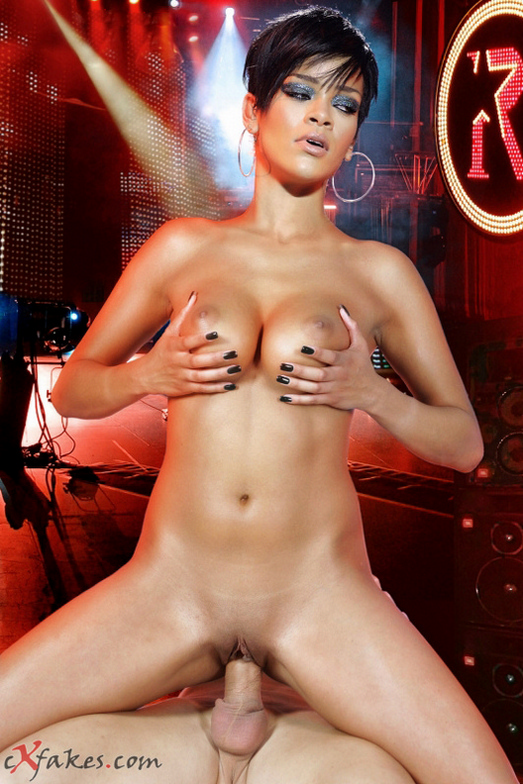In the world of celebrity culture, paparazzi scandals are not uncommon. One such incident occurred with pop star Rihanna in 2009, which caused a media frenzy and raised questions about the ethics of paparazzi culture.
In February 2009, Rihanna was involved in a domestic violence incident with her then-boyfriend, Chris Brown. The incident resulted in Brown’s arrest and Rihanna being hospitalized with visible injuries. As news of the incident spread, the paparazzi went into overdrive, trying to capture any images they could of the singer.


One such paparazzo, freelance photographer Felicia R. McMullen, snapped a photo of Rihanna as she was leaving the police station after giving her statement. The photo was later sold to the celebrity news website TMZ and published without Rihanna’s consent.
The photo showed a visibly distraught Rihanna, with her face bruised and swollen from the altercation. The image sparked outrage among Rihanna’s fans and the general public, who felt that it was a violation of her privacy and dignity to publish such a photo without her consent.
Rihanna’s management team released a statement condemning the publication of the photo, stating that “the photo of Rihanna released by TMZ is a shocking and disturbing image, and we hope that the responsible parties are held accountable for their actions.” They also called on other media outlets to refrain from publishing similar images.
The incident raised questions about the ethics of paparazzi culture and the responsibility of media outlets to protect the privacy and dignity of celebrities. Many argued that celebrities, like any other individuals, have a right to privacy and should not be subjected to such invasive and harmful tactics by paparazzi.
In response to the incident, some media outlets began to re-evaluate their approach to covering celebrities, with some implementing stricter guidelines on the use of paparazzi photos. The incident also led to increased public awareness of the harmful effects of paparazzi culture on celebrities, with many calling for greater legal protections for celebrities and their privacy.
Overall, the Rihanna paparazzi scandal was a stark reminder of the dangers and consequences of paparazzi culture, and served as a wake-up call for the media industry to reconsider its approach to covering celebrities. While progress has been made in recent years, incidents like this serve as a reminder that there is still much work to be done to ensure that celebrities are treated with dignity and respect.







